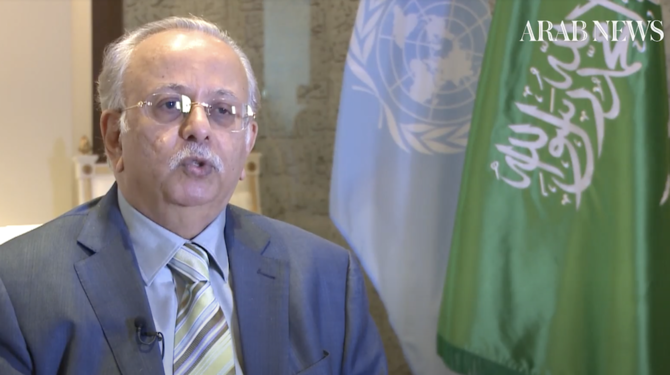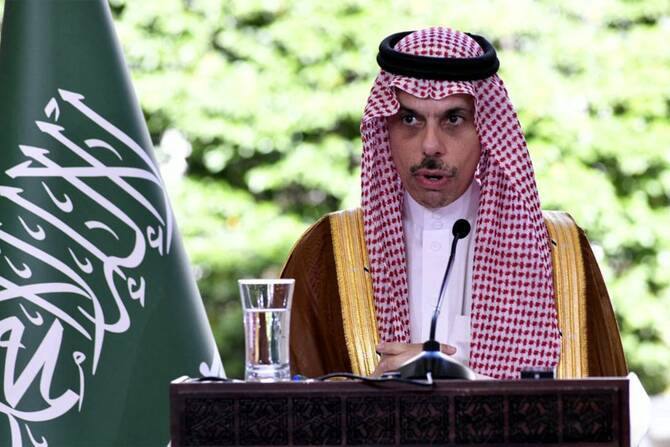Ephrem Kossaify
NEW YORK: World leaders returned to the UN this week for their first in-person meeting in two years, as part of the 76th session of the General Assembly.
“The UN is open for business and we’re back to life,” Abdullah Al-Mouallimi, Saudi Arabia’s permanent representative to the UN, told Arab News.
He added that the return of the premiers to UN headquarters in New York City comes amid a heightened awareness of the vital need for international solidarity and “for working together, for caring for each other, because we all know no one is safe until everybody is safe.”
However the leaders face a daunting agenda filled with spiraling crises that will put their commitment to solidarity to the test. Extreme weather events are becoming more common as the planet warms as a result of climate change. Terrorist activity and conflicts are on the rise. And as the pandemic continues to rage, the “vaccine apartheid” that has emerged as wealthy nations stockpile doses is exposing the growing inequality between the world’s rich and poor.
The Arab world is dealing with its own set of crises. More than a year after the devastating explosion at Beirut’s port ripped the capital apart, Lebanon’s economy has collapsed and the country continues to slide ever deeper into darkness — literally, as a result of fuel shortages and power outages.
The situation in Yemen tops the list of the most severe humanitarian crises. The future of Libya remains uncertain as the country prepares for elections that might or might not happen.






















